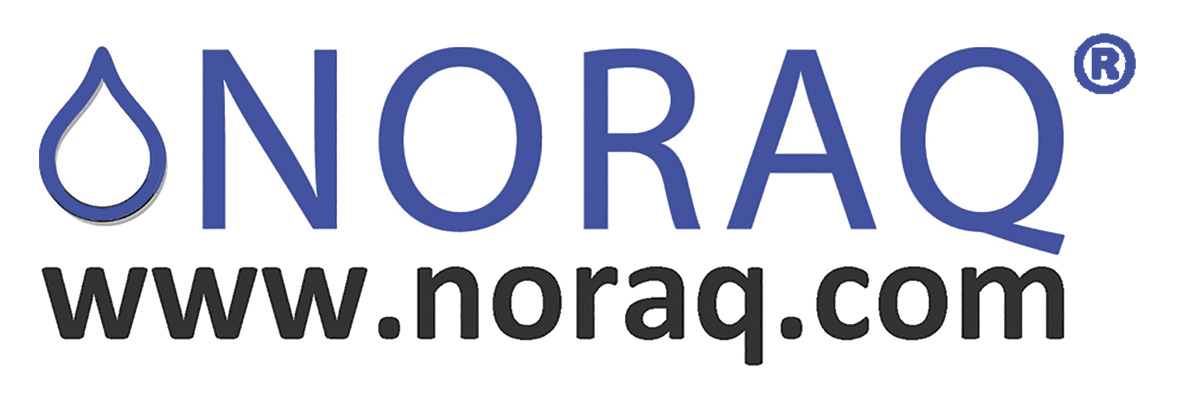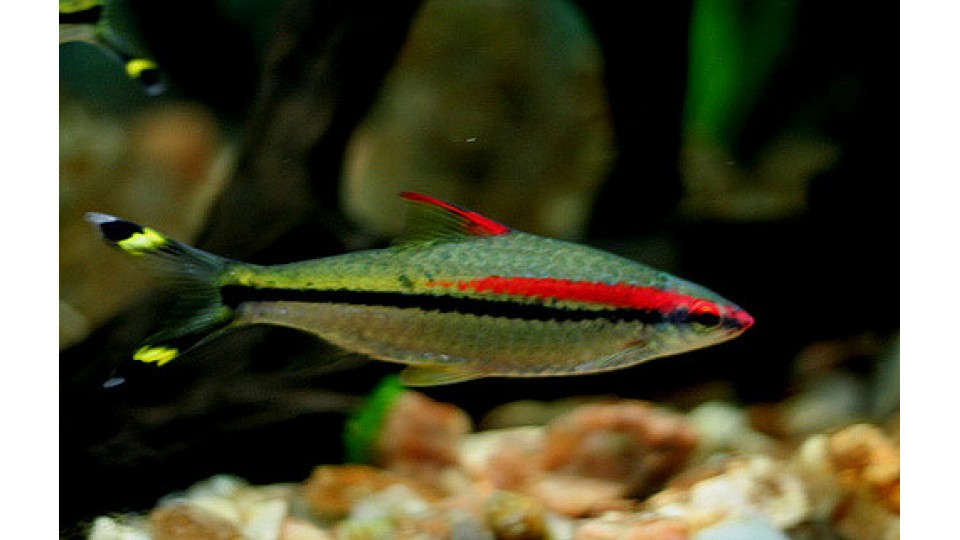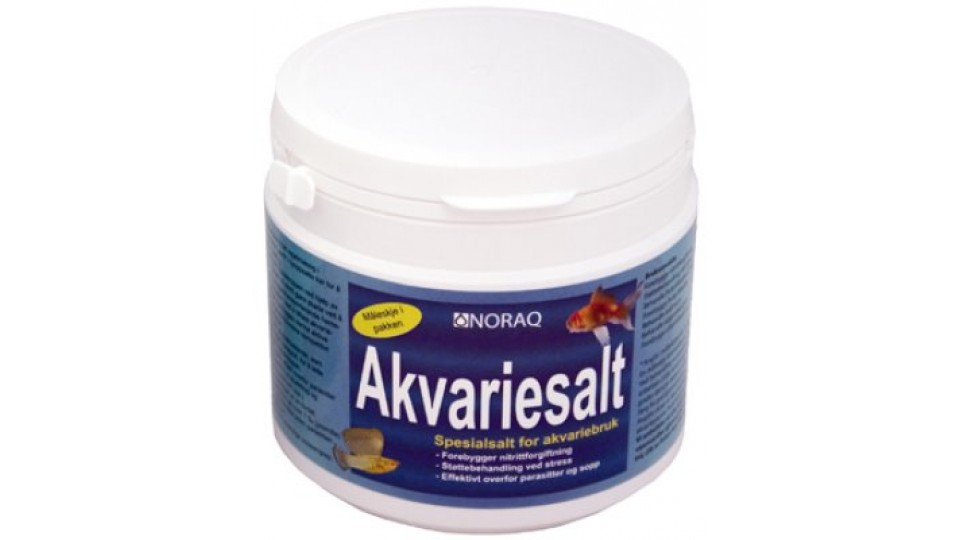Click here to listen instead of reading...
By Evert Jor, Veterinarian, Thursday, April 5, 2007. Revised August 11, 2018. Updated May 21,2025.
Background
In the spring of 2006, clinical psittacosis
was diagnosed in two breeding facilities for tropical birds. These facilities
had exchanged birds over a period prior to the outbreak being detected at one
of the locations. The outbreaks were confirmed early in spring 2006, and both
facilities were declared free of disease by the Norwegian Food Safety Authority
(Mattilsynet) in June/July 2006. On average, it took about three months from
diagnosis until restrictions were lifted.
One of the facilities was a combined
breeding setup with budgerigars, various parakeets, and finches. The other
facility housed only budgerigars. The facility sanitized in 2017 included
budgerigars and related parakeets.
Diagnosis
The diagnosis was based on clinical
suspicion (increased mortality, 20–80%), diarrhea, and generally poor condition
in the birds, as well as the detection of Chlamydophila psittaci using Realtime-PCR
(from feces and organ material), and antigen detection using ELISA (from
feces). In one case, tissue from a deceased rosy-faced lovebird also tested
positive for C. psittaci antigen using immunohistochemistry.
The following treatment and follow-up
protocols were used and appear to have been successful:
Budgerigars
Recommended protocol (in collaboration with
a veterinarian experienced in tropical birds):
1.
1. Drinking Water Treatment:
- Use doxycycline hyclate 100 mg tablets
for 45 days.
- Dosage: 2000 mg/L drinking water.
- No other water sources allowed (no fruit/vegetables, bathwater, etc.).
- Tablets are crushed and dissolved in water; the medicated water is replaced
daily.
- Fecal samples collected during treatment are tested using PCR to monitor
effectiveness.
- Testing is free under a project, but reagents/consumables are at owner’s
expense.
- Holdings will remain under authority restrictions until disease elimination.
2.
2. Feed Treatment (alternative
or for mixed-species groups):
- Use dehulled white millet from health
food stores or bakery suppliers.
- Mix 6 ml sunflower oil per kg of millet, then add 4 crushed 100 mg
doxycycline hyclate tablets per kg.
- Blend thoroughly. Use this mix as the sole feed for 30 days.
- Initially mixed 1:1 with the breeder’s regular feed for better acceptance.
Parakeets and Pointed-beak Species (<70g)
- Doxycycline hyclate 100 mg tablets for 45
days.
- Dosage: 2000 mg/L drinking water.
- No other water sources allowed.
- Tablets are crushed and dissolved; solution is replaced daily.
Larger Parakeets and Parrots (>70g)
- Dosage based on body weight and water
consumption.
- Be aware of tampering with water intake during measurements.
- Use drink tubes or nipples; veterinarian calculates exact dosage.
Environmental Control
Room temperature was maintained at 27°C
during treatment to reduce environmental survival of Chlamydia.
Follow-up
Fecal control samples were collected three
weeks after treatment and tested via Realtime-PCR and antigen ELISA. All results were
negative, leading to the lifting of restrictions by the Food Safety Authority.
* Due to low water consumption in
budgerigars, a 2000 mg/L concentration of doxycycline in water was found
suitable, with no observed side effects. This has been applied to other desert species as well.
** Applies to original sanitation efforts from 2006.
© NORAQ, 2007–2018. Please respect
copyright.



